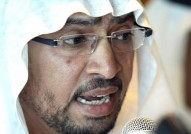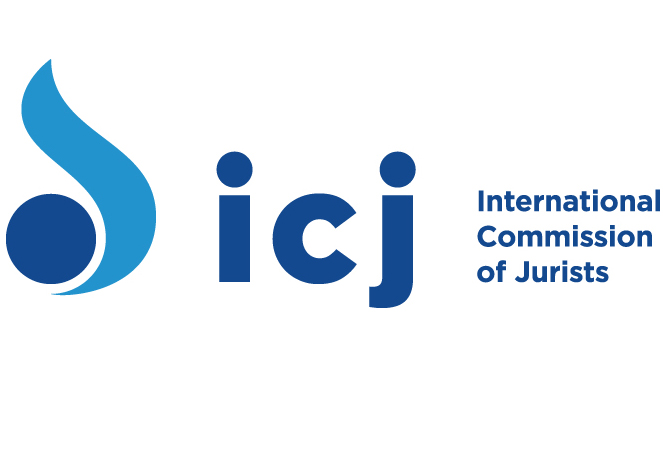 The ICJ calls on the United Arab Emirates (UAE) authorities to end their crackdown on lawyers and human rights defenders.
The ICJ calls on the United Arab Emirates (UAE) authorities to end their crackdown on lawyers and human rights defenders.
Since 16 July 2012, a number of such defenders, including Muhammad Al Roken and Mohamed Al Mansouri (photo) have been arbitrarily detained without charge.
The UAE authorities must immediately and unconditionally release these individuals, or charge them with a recognizable crime fully compliant with international human rights law and standards, the ICJ says.
The ICJ call comes as the UAE has increased its campaign of harassment, arrest, prolonged detention without charge, travel restrictions and deportation from the UAE of human rights defenders and activists calling for political reform.
This campaign has intensified since 15 July 2012, when the Abu Dhabi Public Prosecution Office announced its investigation into a group of people for establishing and managing an organization with the aim of committing crimes that harm state security, oppose the Constitution and the basic principles of the UAE ruling system and have links and affiliations to organizations with foreign agendas.
On 17 July 2012, Muhammad Al Roken, a prominent human rights lawyer, was arrested by state security after seeking information about the whereabouts of his son and son-in-law. Mohamed Al Mansouri, a renowned lawyer and former head of the UAE Jurists’ Association, was also arrested and detained by state security, on 16 July 2012.
On the same day, Ahmed Abdul Khaleq, a human rights defender, was deported to Thailand, stripped of his UAE residency rights and forced into exile.
“The recent crackdown on human rights lawyers and defenders is part of a broad campaign of intimidation and harassment by UAE authorities that aims to silence any and all critical voices. This campaign must end immediately”, said Said Benarbia, Senior Legal Advisor for the ICJ Middle East and North Africa Programme. “Instead of targeting individuals that are lawfully carrying out their human rights work, the UAE authorities must comply with their obligations under both international law and the UAE Constitution, including by ensuring the rights of UAE citizens to freedom of expression and association, and the right to take part in the conduct of public affairs.”
For more information:
Saïd Benarbia, Middle East & North Africa Senior Legal Adviser, ICJ, t +41 22 979 3817; e-mail: said.benarbia(at)icj.org




